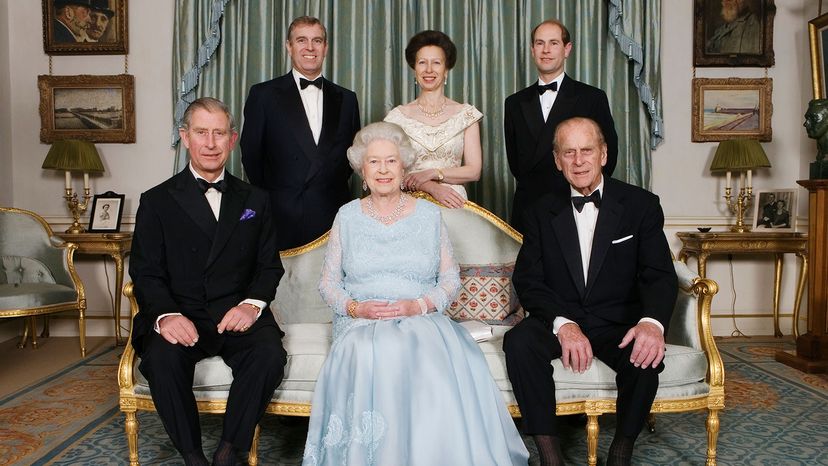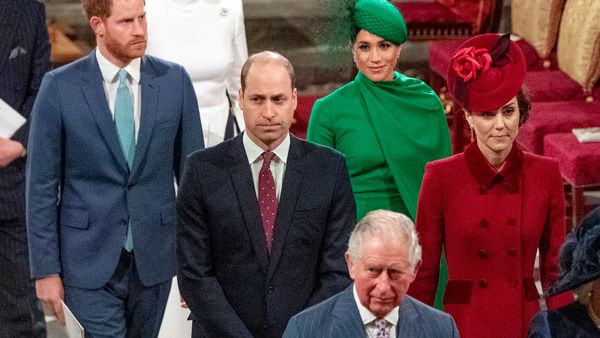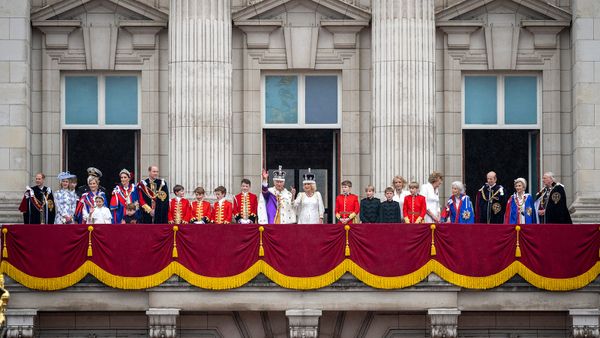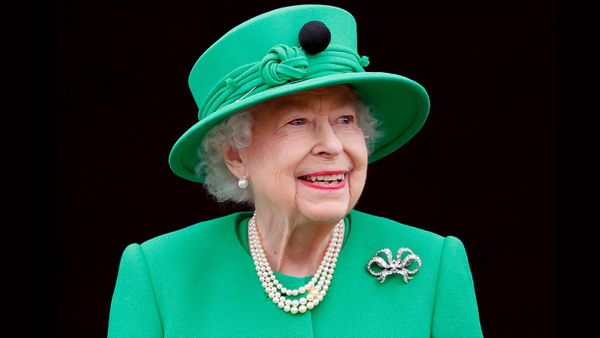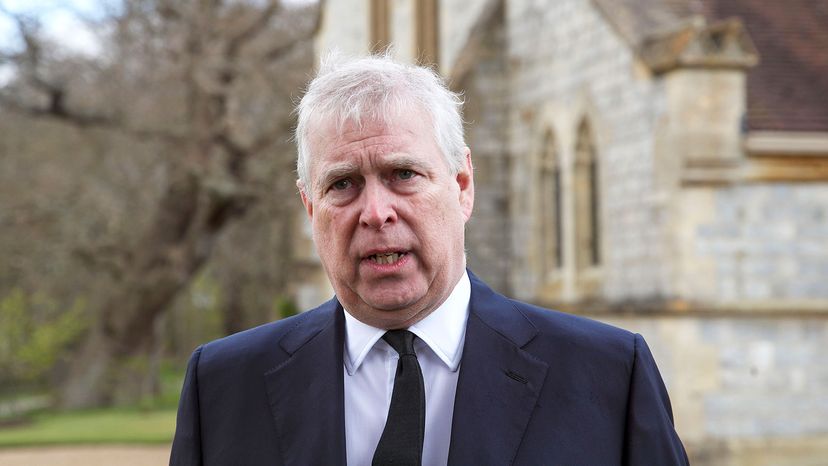
A court recently ruled that Prince Andrew, third child of Queen Elizabeth II, can be sued in the U.S. for allegedly sexually assaulting American Virginia Giuffre when she was 17 years old. Giuffre says she was trafficked by financier and convicted sex offender Jeffrey Epstein in the early 2000s to various people, including Andrew. (Epstein committed suicide in jail in 2019 while awaiting a sex-trafficking trial.)
Although Prince Andrew (who was a friend of Epstein's) denies all the allegations against him, the Royal Family distanced itself from the 61-year-old prince, whose royal title is the Duke of York.
Advertisement
With a potentially humiliating civil trial going forward in the States, Buckingham Palace issued the following statement: "With the Queen's approval and agreement, the Duke of York's military affiliations and Royal patronages have been returned to the Queen. The Duke of York will continue not to undertake any public duties and is defending this case as a private citizen."
One of the biggest changes is that Prince Andrew will no longer be called His Royal Highness (or HRH for short), even though he technically retains the title. This was the same "punishment" handed down to Prince Harry and Meghan, the Duke and Duchess of Sussex, when they chose to step down from their royal duties.
As for his military titles, Prince Andrew served in the Royal Navy for 22 years and will keep the title of Vice-Admiral in the Royal Navy, but he has been stripped of more than a dozen other titles and honorifics like the Colonel-in-Chief of the Royal Irish Regiment and the Colonel-in-Chief of the Royal Highland Fusiliers of Canada.
At one time, the Duke of York was a "royal patron" of about 200 different charities and organizations, which meant that he used his public position to help raise money for these causes and campaigns. But after a 2019 BBC interview about the sexual assault allegations, many high-profile organizations chose to cut ties with him, including the English National Ballet, Royal Philharmonic Orchestra and London Metropolitan University.
With Buckingham Palace's recent announcement, all the duke's remaining patronages were "returned to the Queen," and will be distributed to other members of the Royal Family, meaning Prince Andrew is officially out of that job.
Advertisement
